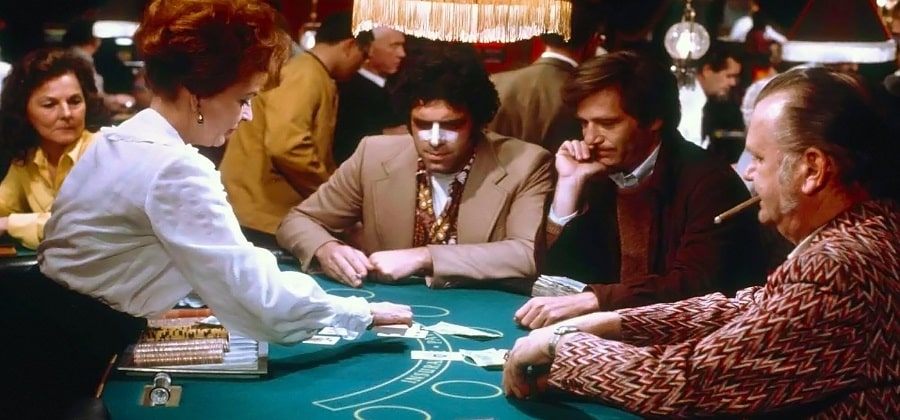
Poker, the Game of Generations
The card game poker was invented at least a thousand years ago. Different cultures and nations have contributed to its refinement. But modern poker, with the ability to bet, has been known to people for about the last two centuries. The poker game as well as the slots are offered on the nolimitway website.
Wars and the Gold Rush
Today’s poker has its origins in 18th century America, from where it gradually spread along the banks of the Mississippi. There were no uniform rules, and when there were not enough players, decks of 20 cards were used.
Poker’s popularity increased during the Gold Rush years. A deck of 52 cards and the combination “flush” were soon invented.
During the American Civil War, straight and five-card Stud were added, followed by High-Low and Lowball. In the 1920s, it was time for variations of the game with common cards on the table. Ironically, wars contributed to the spread of card games, pushing the boundaries.
The most popular types of poker for a long time were Seven Card Stud and Five Card Draw. By the end of the 20th century, Hold’em came to the forefront.
World Series and the Star Trek
Support for the World Series (WSOP) enabled tournament poker in the 1970s. From then on, the card game’s popularity skyrocketed and gained momentum each year with the accompanying spread to gambling houses.
The first strategy books on the game were printed, and it was played in many famous movies. In the 90s, poker takes over the US entirely.

‘Cheaters’ and online poker
1998 saw the release of the legendary ‘Cheat’ trailer, the development of the virtual version of poker on Planet Poker, and the broadcasting of the World Series on television.
But this was not yet a triumph: in 2003 the World Poker Tour began broadcasting on the Travel Channel, and Chris Manimaker managed to win the World Series Main Event and launch the ‘Manimaker Effect’. After Chris, Greg Reimer gets to the championship, also via a $39 satellite. These events gave rise to the development of online poker in the United States and around the world.
2003-2006 can be called the peak of success for the famous card game. The 2006 WSOP Main Event attracted almost 9,000 participants. The top prize of $12,000,000 went to Jamie Gold. By comparison, exactly ten years later, about 7,000 people played in the World Series.
Knockdowns
A 2006 UIGEA bill damaged the online poker industry significantly, forcing pioneer Party Poker to leave the US gaming market. It was replaced by PokerStars and Full Tilt Poker. An even more painful blow came in 2011, when they were shut down on Black Friday. Not only that, the management of the latter fell under legal proceedings over allegations of fraud. Player losses ran into the millions of dollars.
Poker’s popularity curve went down sharply. These were not good times for offline poker in the US, the development of the industry in Macau slowed down as authorities tightened controls on the spending of Asian high rollers.
Africa, India and other nations are taking over, fully ready for a poker boom.
There simply can’t be constant growth, there is a downturn at some point. But, as history shows, not for long.
